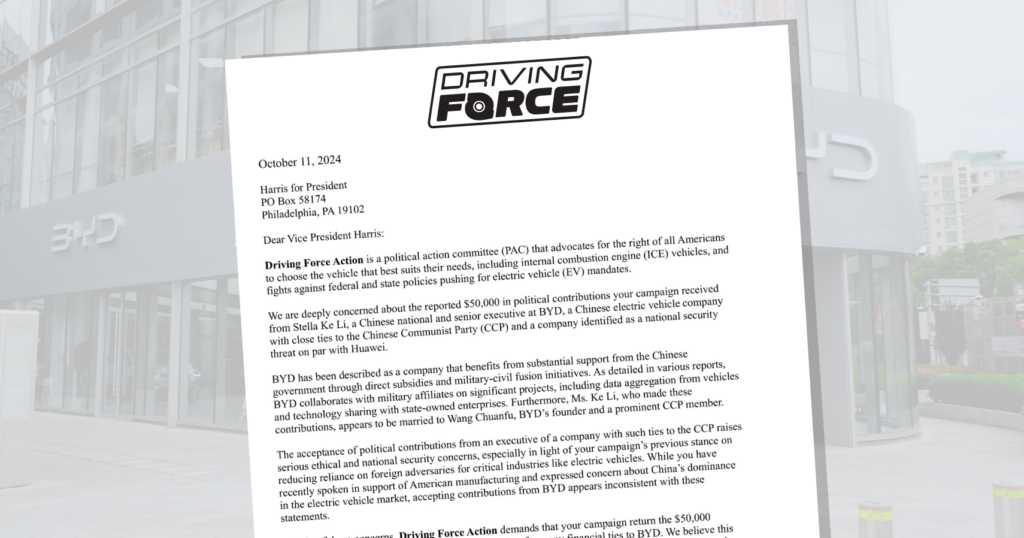Michigan autoworkers are increasingly blaming the Biden administration’s electric vehicle (EV) mandates for the layoffs affecting their industry. Workers from major companies like Stellantis and Ford, which recently announced significant job cuts, argue that the push toward electric vehicles has led to reduced labor needs. EVs require fewer parts and simpler assembly processes than traditional gasoline-powered vehicles, resulting in less demand for skilled labor. Some autoworkers feel that the administration’s strict emissions regulations and forced transition to EVs are damaging the industry, especially in a state where auto manufacturing plays a crucial role in the economy.
The layoffs and downsizing are also attributed to declining sales and costly production issues related to EVs. For example, Ford has struggled to sell its all-electric F-150 Lightning trucks, resulting in significant financial losses. Workers have expressed skepticism over whether the promised investments in Michigan auto plants will actually materialize, and some are critical of the United Auto Workers (UAW) leadership for continuing to endorse Democratic policies they believe are hurting the industry. While union support remains strong, a political divide among members suggests that not all workers agree with the current direction.











